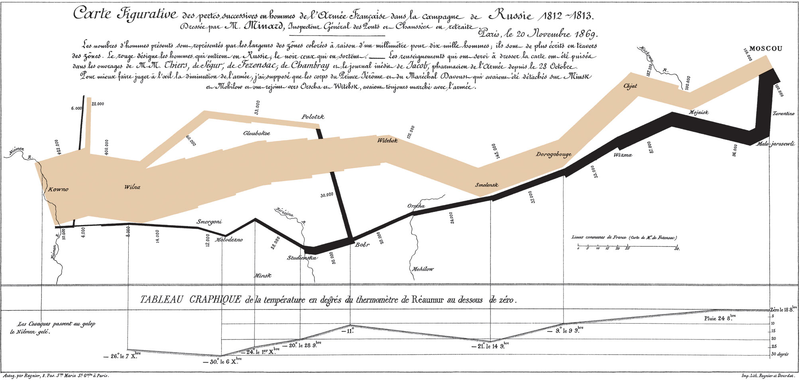Colby Cosh on the fascinating attempt by former Toronto Maple Leafs general manager Brian Burke to sue his alleged defamers on the internet:
Question: if you can defame someone on the internet, should they be able to sue you over the internet? Grouchy former Leafs GM Brian Burke intends to find out. His lawyers are set to appear in B.C. Supreme Court in Vancouver today, where they will argue that Burke should be able to serve notice of his defamation lawsuit against pseudonymous members of various internet forums by means of those forums themselves. “Ding! You’ve… got… mail.”
Early commentary on Burke’s lawsuit over claims he had an affair with a broadcaster was focused on the difficulty of tracking down internet anonymice and serving them with the right papers. The established pathway is to go through internet service providers to get them to disclose the identities behind IP addresses — but privacy-conscious tech firms don’t like to give up that info without a court order, and if Johnny Flapgums did not happen to post from home or work, a plaintiff is more or less out of luck anyway. In an unforeseen development, Burke is now asking the court to let him sue internet usernames as usernames, notifying the users of the action through the personal-messaging apparatus of the sites on which they posted their allegedly scurrilous comments.
If Burke succeeds with today’s motion, defendants such as “CamBarkerFan” and “Slobberface” will be forced into a tricky choice between fighting the lawsuit, and thus exposing themselves to a verdict, or laying low and allowing a default judgment to be entered against them, thus exposing themselves to the risk of being identified and penalized later without any chance of a defence.




